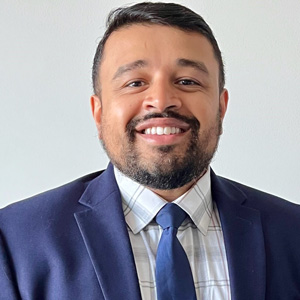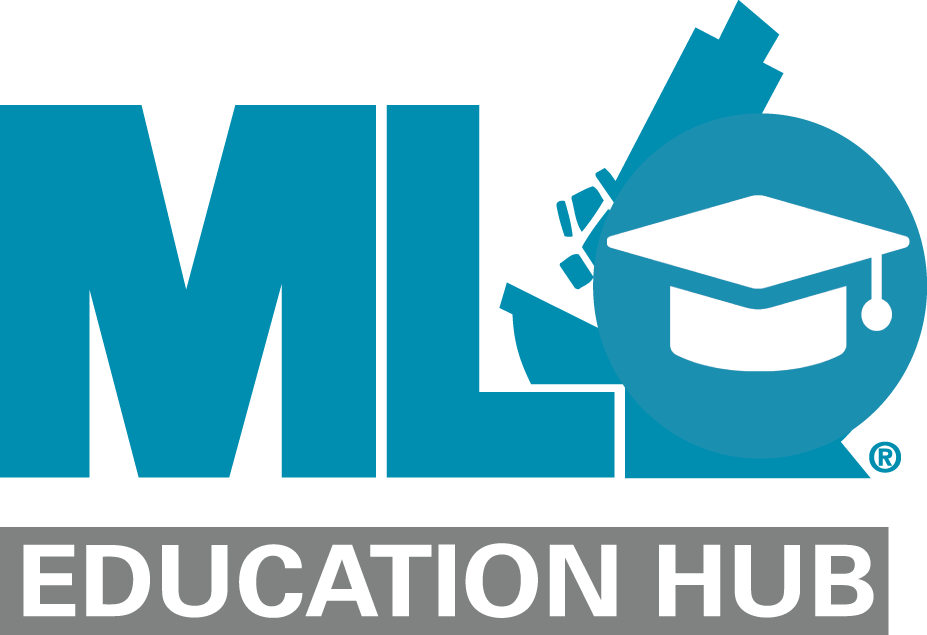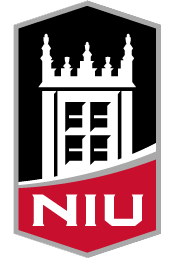By Anooj Shah, PharmD, MBA, BCIDP; Marti Juanola Falgarona, PhD
LEARNING OBJECTIVES
Upon completion of this article, the reader will be able to:
- Discuss the challenges that the healthcare industry faces with respiratory illness diagnosis.
- Define syndromic testing and describe its benefits.
- Describe the benefits of multiplex PCR testing and its utility in diagnosing respiratory illnesses.
- Describe how diagnostic and antimicrobial stewardship work to improve antimicrobial resistance.
About the Authors

Anooj Shah PharmD, MBA, BCIDP is a Medical Science Liaison – Infectious Diseases for QIAGEN North America. A 2018 graduate of Concordia University, Wisconsin, Shah holds his Doctor of Pharmacy and his MBA. He completed two years of post-graduate residency training at Northwestern Medicine in Chicago, specializing in infectious diseases. Prior to joining QIAGEN in 2022, Shah served as a clinical pharmacist focusing on infectious diseases and antimicrobial stewardship.

Marti Juanola Falgarona, PhD is associate director of Medical Affairs – Infectious Disease for QIAGEN with a focus on syndromic testing and the QIAstat-Dx platform. Juanola-Falgarona completed his PhD in 2014 at University Rovira I Virgily, Catalonia, Spain. Prior to joining QIAGEN, Juanola-Falgarona did his Post-Doc at the University of Columbia in New York. During his years in Academia, Juanola-Falgarona has published 21 peer-reviewed publications and several book chapters.
Photo credit: sorbetto/ DigitalVision Vectors/Gettyimages ID 137670913 © Tartilastock|Dreamstime.com



